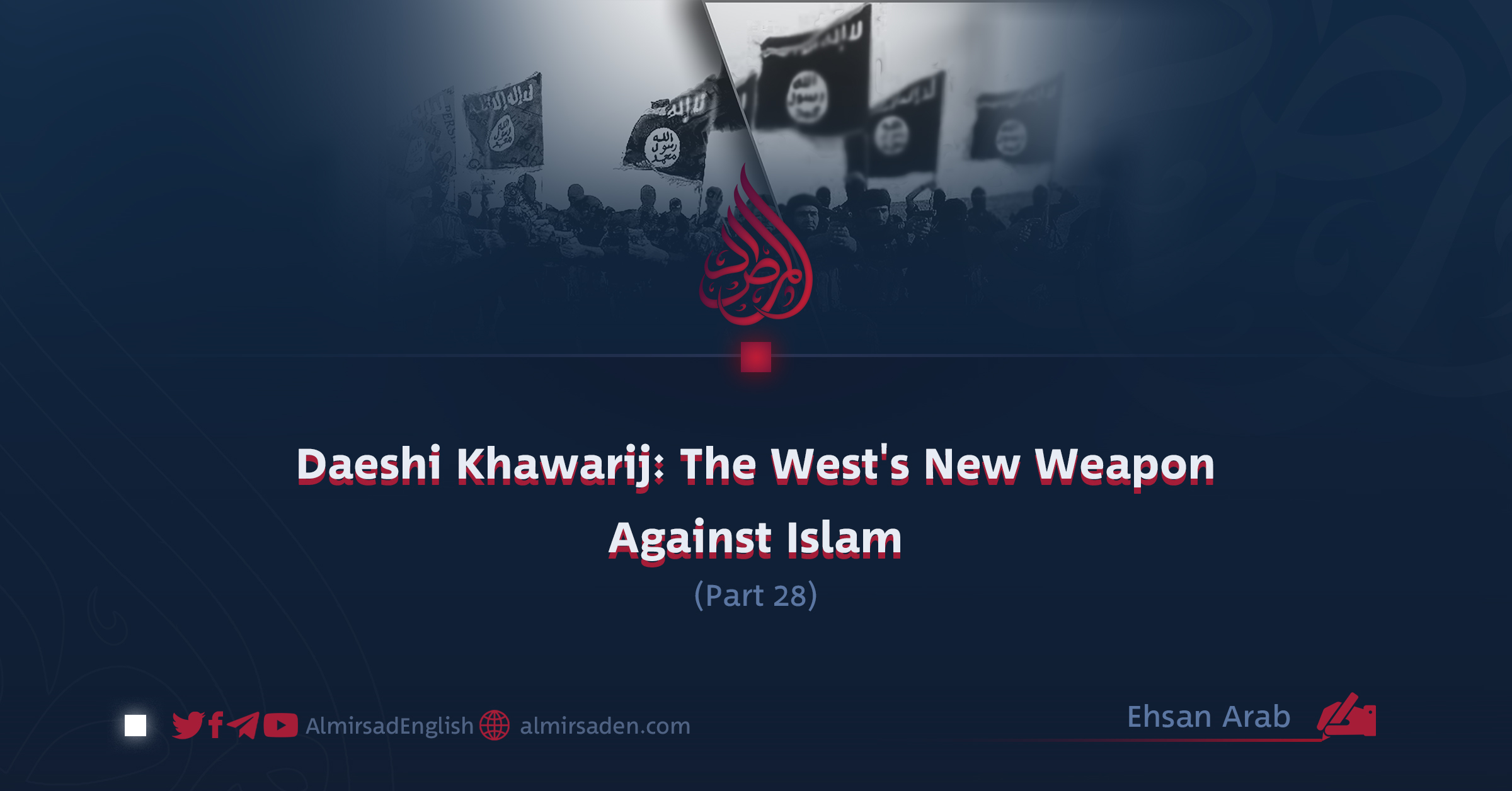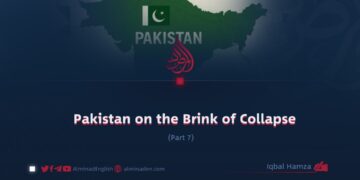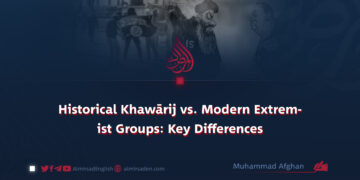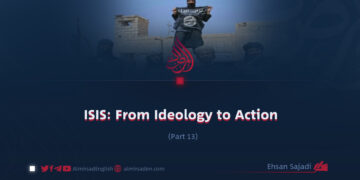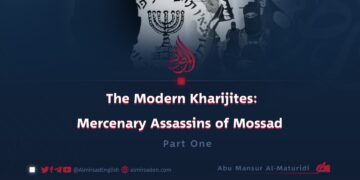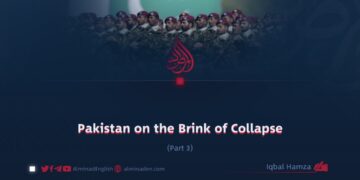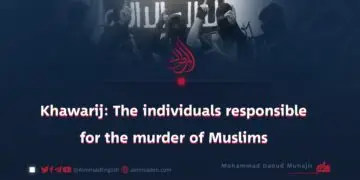Part 28
Ehsan Arab
The Forced Migration of Intellectual and Academic Elites
ISIS proclaimed itself the guardian of an “Islamic Caliphate,” yet its deeds revealed the opposite. Rather than defending Islam, it advanced the very designs of its enemies. Among its most destructive legacies was the dismantling of academic and cultural life across Muslim societies, a devastation that drove countless scholars, doctors, and gifted students into exile.
The consequences were immense. Communities throughout the Muslim world, stripped of their brightest minds, could only watch as these talents were absorbed by Western institutions eager to strengthen their own ranks. In effect, ISIS became a courier of decline, transferring the intellectual lifeblood of the Ummah into the service of the West.
From the moment it seized territory, ISIS thrived on fear. Professors were threatened, doctors hunted, and promising students silenced. In Iraq, Syria, and beyond, universities and hospitals that had once been sanctuaries of knowledge and healing were turned into places of terror. Car bombs tore through campuses, libraries were set ablaze, and laboratories were looted. Faced with such destruction, men and women of learning had little choice but to flee. Families slipped away under the cover of night, and the most brilliant students looked toward Europe and America instead of dedicating their abilities to rebuilding their own nations.
This devastation was not the result of chaos alone. The closure of universities, the suspension of research, and the collapse of scholarly life all served a wider purpose: to suffocate intellectual growth in Muslim societies. For those who remained, ambition gave way to despair, and migration became the only path left open.
For the West, however, the outcome was highly advantageous. Decades of initiatives designed to attract foreign talent through scholarships, research grants, and lucrative positions for doctors and engineers suddenly yielded results on an unprecedented scale. What colonial powers once pursued with incentives was now accomplished through terror and violence.
Many who might never have imagined leaving their homelands were driven into the arms of Western universities and hospitals. The result was a windfall. Shortages of skilled professionals were swiftly filled, scientific research expanded, and the heavy costs of training new experts were almost erased.
The Muslim world, by contrast, was left hollow. Hospitals struggled without specialists, universities lost seasoned professors, and young people were deprived of mentors who could guide both their intellectual and moral development. This absence deepened the cycle of decline and bound Muslim societies ever more tightly to Western expertise.
This was no accident of history. Beneath its religious slogans, ISIS carried out the very mission colonial powers had long pursued: the weakening of Muslim societies from within. For the Ummah it brought ruin, bloodshed, and despair. For the West it delivered an unexpected gift, a steady flow of talent and intellect redirected to advance its military, scientific, and colonial ambitions.
In truth, ISIS was never the sworn enemy of the West. It was its most effective instrument, strengthening Western power while leaving the Muslim world in ruins.































